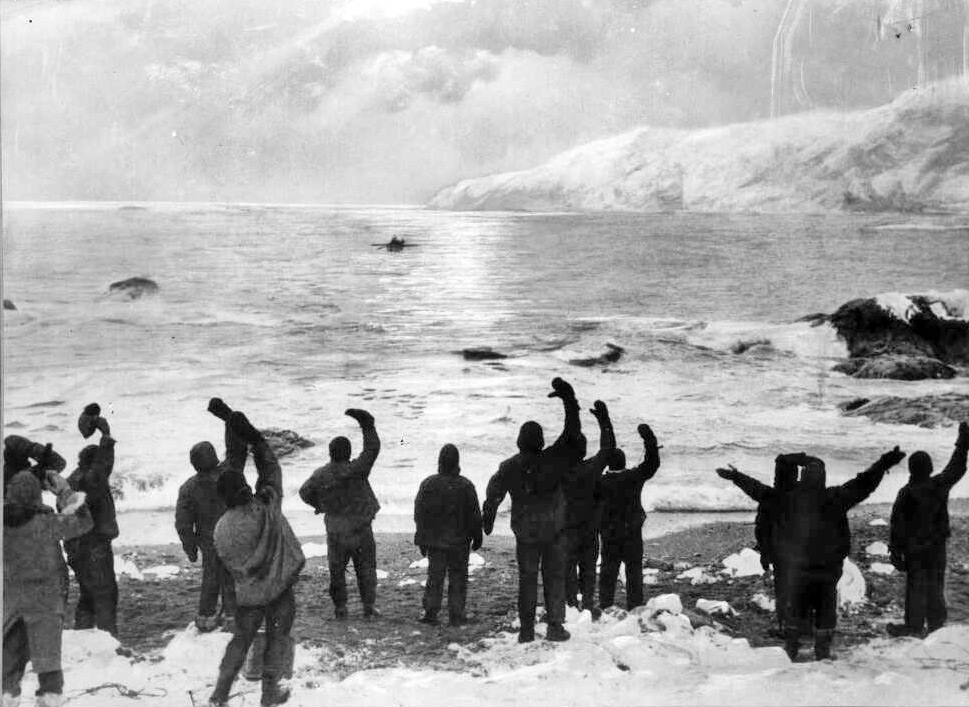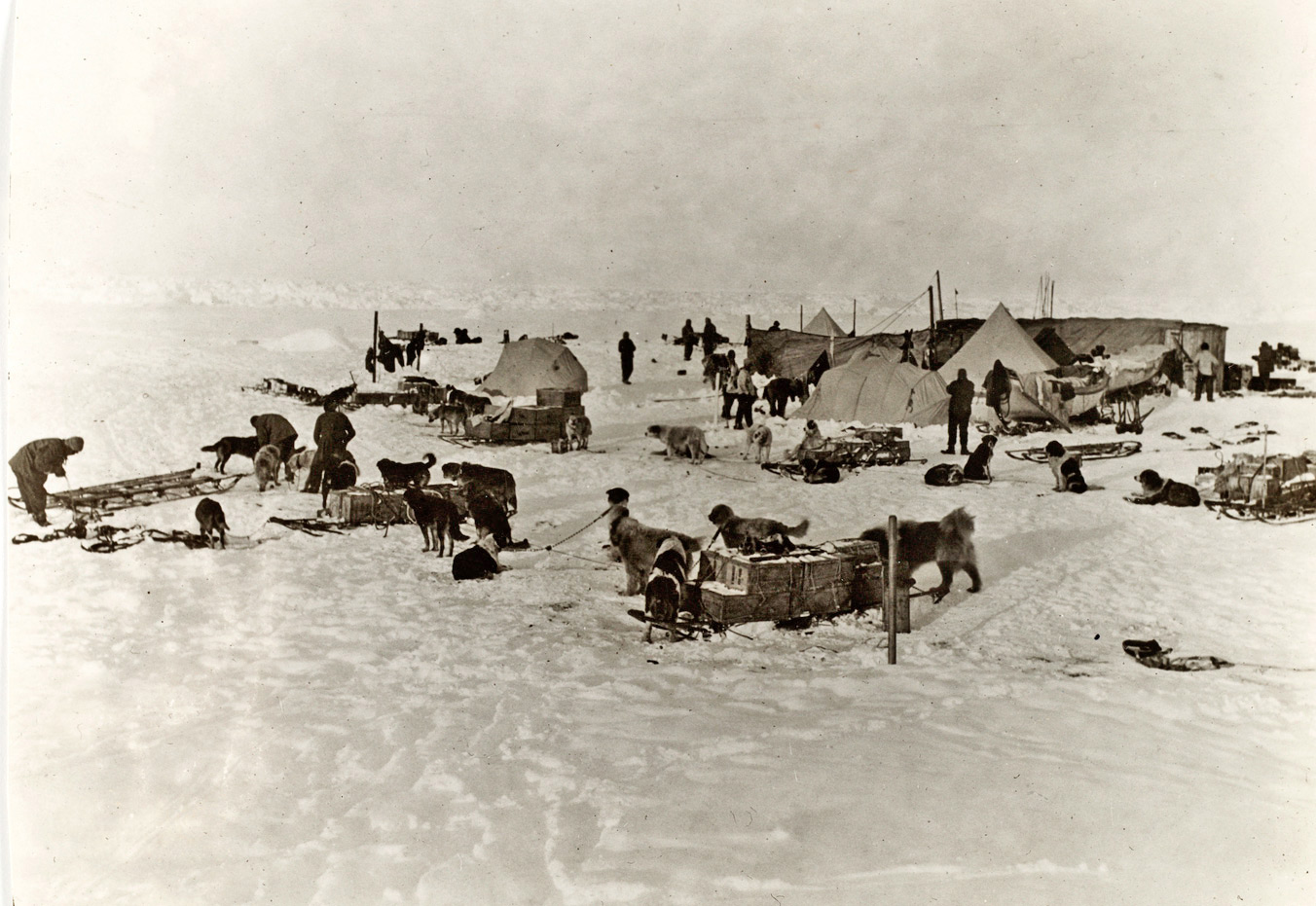One of the topics that we discuss in this course that resonated with me is the idea that individuals frequently go through a choice overload. A choice overload occurs when too many choices are present in the decision-making process. I feel that this idea really got me thinking because I feel that I frequently cannot make up my mind when I am presented with a multitude of choices! Although I do feel that I am slowly improving on my decision making skills, I believe that this is a major issue amongst individuals everywhere. For instance, an individual is presented with a wide variety of food choices to pick from for dinner but each option is just as appealing as the next. This individual must make a decision on which entree they would prefer the most in a relatively timely manner. If this individual does not make a decision, they risk not eating dinner. On the other hand, If they end up not liking the entree that they chose then they still risk not eating dinner. That being said, decision making has many factors that go into an individual’s final choice and their choices are not always the best option.
This concept also brings me to the topic of regret. An individual may feel regret when they reflect on rejected opportunities. In reference to my previous example, the individual who had to make a decision on which dinner to eat may later reflect on the other choices they had and in turn regretting their final choice. However, I believe that regret is a silly concept because how can one regret doing something that they at one point had a desire to do? Overall, I feel that these concepts really got me to think about all of the different choices we as human beings have to make on a daily basis. One final example that I would like to note is that in the book “Endurance”, Shackleton had to make numerous decisions on his journey across Antarctica from deciding on where to camp, whether or not to keep their dogs, or even whether or not to take a certain path. Shackleton is a wonderful example of the tough choices that we must make on a daily basis and he demonstrates how hard it can be to make those decisions.
https://www.psafinancial.com/2017/05/shackletons-leadership-lessons-bottom-world/



